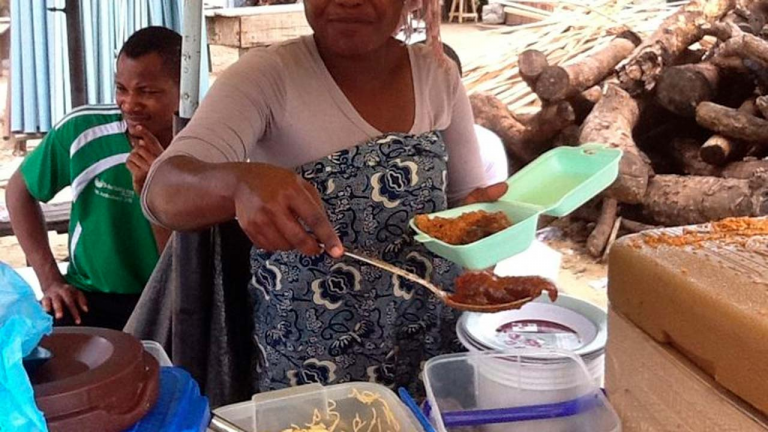
With the impact of the Russian-Ukraine war that is already shaking the commodity market and threatening global food security, with the African region being the worst hit, Nigeria is currently witnessing a high level of insurgency crisis, which according to experts will worsen the food insecurity in the country if the government is not swift in their response to control it.
Over the past few years, Nigeria has been ravaged by an insurgency crisis, which majorly affected the Northern part of Nigeria. The northern part of Nigeria has on countless occasions been disrupted by an insurgency crisis that has affected agricultural/farming activities.
Farmers, out of fear of being killed, are scared to go to their farmlands for these insecurity reasons. The absence of farmers on farmlands has greatly affected food production and consequently increased the prices of food commodities in the market, which has led to food insecurity.
Register for Tekedia Mini-MBA edition 19 (Feb 9 – May 2, 2026): big discounts for early bird.
Tekedia AI in Business Masterclass opens registrations.
Join Tekedia Capital Syndicate and co-invest in great global startups.
Register for Tekedia AI Lab: From Technical Design to Deployment (next edition begins Jan 24 2026).
The effects of the Russian-Ukraine war and the insurgency crisis in Nigeria is more like a double jeopardy for the nation. Many rural farmlands have been killed while some have been displaced with a large percentage of them seeking refuge in IDP homes.
Agricultural activities in Nigeria, most especially in the northern part have been crippled by the insurgency crisis which has led to food scarcity and affected the prices of food commodities in the market. The most painful part of this is that the government of the country continues to fold its arms and play politics with the lives of people/ without any effective measures put in place to curb the insecurity menace.
With the rate of insecurity in the country that has disrupted agricultural activities, the government policies that are tailored towards ensuring food security in the country may not yield any meaningful results until the issue of insecurity is dealt with.
While the government continues to dilly-dally to brainstorm and implement a range of agricultural reforms, they need to ensure that safety of farmers is a top priority to ensure food security in the country.
The northern part is said to produce more food for Nigeria, I.e most of the food products in Nigeria comes from the northern region, and unfortunately, they are the worst hit by this insurgency crisis.
Therefore the abandonment of farmlands in the Northern region should not be taken lightly because it has already had an adverse effect on food security in the country. According to reports, in 2021, no fewer than 78,000 farmers in Borno, Katsina, Plateau, Taraba, and other states in the north have abandoned their farmlands as a result of attacks by herdsmen, armed bandits and Boko haram.
The government must understand that anything that threatens food security in Nigeria will lead to a high mortality rate, risk of some birth defects, lower Nutrient intakes, cognitive problems, Malnutrition, etc. It’s high time the government put the right security measures to curb this insecurity menace.
They must put the cart before the horse by ensuring that they must first of all curb the insecurity crisis in the country, to ensure maximum security of farmers in their farmlands before providing them with necessary agricultural equipment needed to improve agricultural activities in the country.



